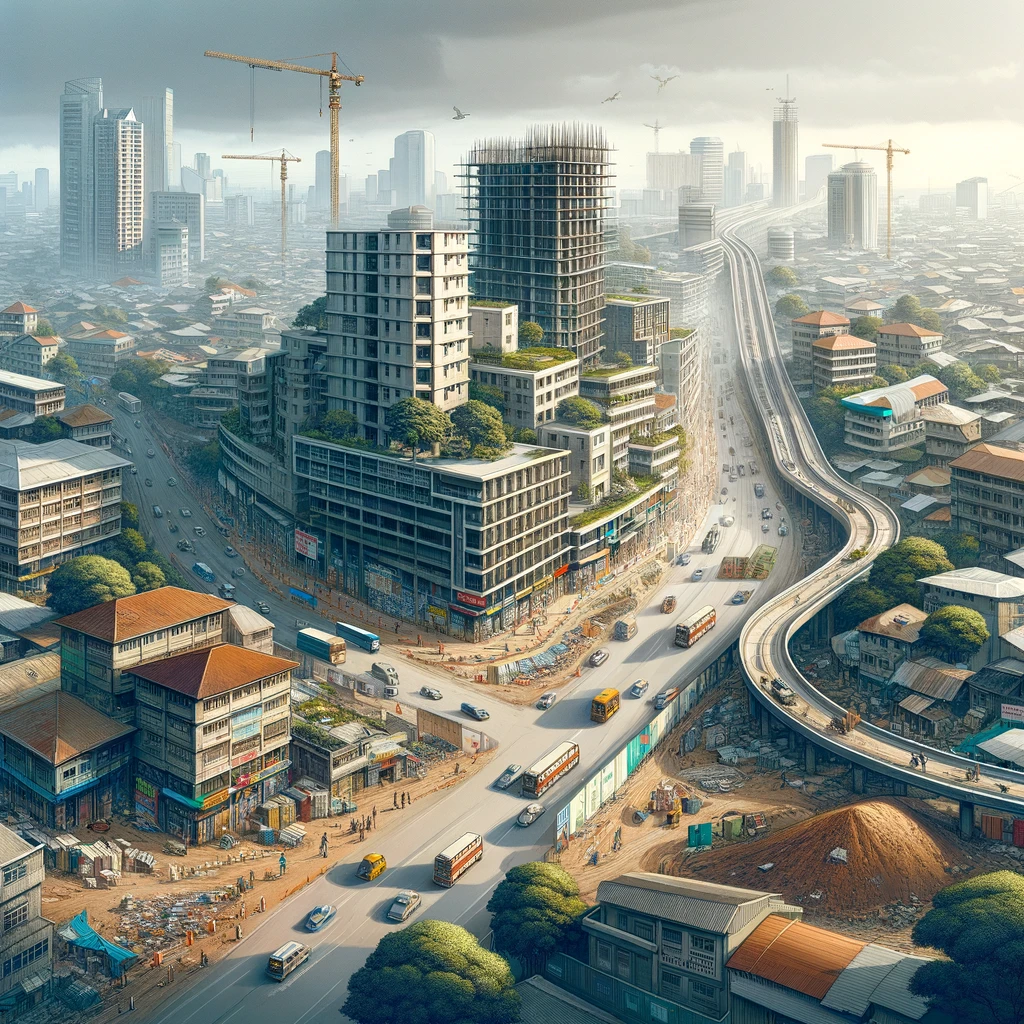World Bank Supports Bangladesh to Strengthen Fiscal Policies and Improve Urban Infrastructure
Transitioning from trade taxes to consumption and income taxes to enhance competitiveness and prepare for Bangladesh’s graduation from Least Developed Country (LDC) status.

The World Bank’s Board of Executive Directors has approved two significant projects totaling $900 million to support Bangladesh in enhancing fiscal and financial sector policies, as well as improving urban infrastructure and management. These initiatives aim to ensure sustainable and climate-resilient growth for the nation.
Strengthening Fiscal and Financial Sector Policies
The Second Recovery and Resilience Development Policy Credit ($500 million), the final installment in a series of two credits, focuses on fiscal and financial sector reforms to foster sustainable growth and enhance resilience to future shocks, including those related to climate change. Key elements of this program include:
Transitioning from trade taxes to consumption and income taxes to enhance competitiveness and prepare for Bangladesh’s graduation from Least Developed Country (LDC) status.
Institutionalizing the public procurement authority responsible for the electronic government procurement (e-GP system), aiming to reduce the procurement lead time from 70 days to 55 days.
Strengthening banking sector oversight and improving the management of National Savings Certificates.
Enhancing the efficiency and targeting of cash-based social protection programs.
Scaling up public and private investments in climate adaptation and mitigation.
“A well-functioning financial sector is critical for Bangladesh to increase investment and improve access to finance for those left out of formal banking systems,” said Bernard Haven, World Bank Senior Economist and Task Team Leader for the program. The project will also help address undercapitalized banks through a streamlined bank recovery framework and bolster social protection programs to safeguard vulnerable populations during economic downturns and natural disasters.
Improving Urban Infrastructure and Management
The Resilient Urban and Territorial Development Project ($400 million) aims to enhance climate-resilient and gender-responsive urban infrastructure and management in seven city clusters along the economic corridor from Cox’s Bazar in the south to Panchagarh in the north. As urbanization in Bangladesh is rapidly increasing, this project will help manage the growth sustainably by focusing on secondary cities to alleviate congestion in Dhaka and absorb climate migrants.
Key aspects of this project include:
Coordinated investments in infrastructure and planning across city clusters, promoting a holistic approach rather than individual city plans.
Development of strategically important corridors and city clusters to create jobs, enhance rural-urban linkages, and strengthen food supply chains.
Improvement of connectivity between cities and surrounding Union Parishads through better roads and bus terminals.
Creation of new economic opportunities by enhancing tourism facilities, open spaces, and other amenities.
Incorporation of gender-responsive and green building features, such as rainwater harvesting, in infrastructure designs.
“This will be the first in a series of projects helping build resilience to climate change and create new opportunities and jobs in secondary cities through spatially targeted investments,” said Kwabena Amankwah-Ayeh, World Bank Senior Urban Development Specialist and Task Team Leader for the project.
Selected municipalities and city corporations will receive subgrants for investing in climate-resilient and gender-responsive infrastructure. The project aims for these cities to increase revenues by 20%, form Town-Level Coordinating Committees with at least one-third female members, and develop into growth hubs critical for sustainable development.
Background and Future Prospects
The World Bank has been a key development partner for Bangladesh since its independence, committing approximately $41 billion in grants and interest-free credits. In recent years, Bangladesh has become one of the largest recipients of the World Bank’s interest-free credits, underscoring the country’s importance and potential for sustainable growth.
- READ MORE ON:
- World Bank
- Bangladesh
- Urban Infrastructure










